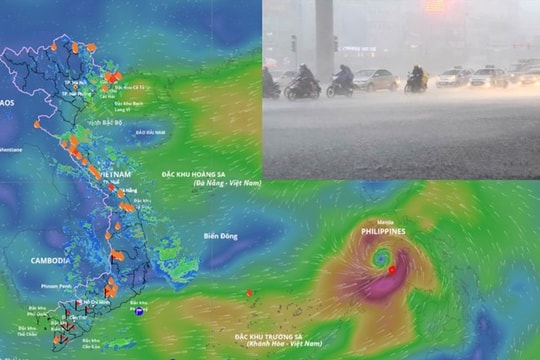Wildlife trafficking is rampant on social networks.
(Baonghean.vn) - Recently, a series of cases of buying and selling wild animals and rare animals have been arrested. Meanwhile, on social networking sites, the sale of wild animals is still taking place openly.
increasingly sophisticated tricks
On the afternoon of November 18, Ta Ca Commune Police (Ky Son District) discovered Lau Ba Da (25 years old, Muong Tip Commune) openly selling 80 live starlings. Lau Ba Da confessed that all of the above starlings were purchased from communes in Ky Son District to sell for profit. After making a record of the act of buying and selling wild animals, all of these birds were released into the wild.
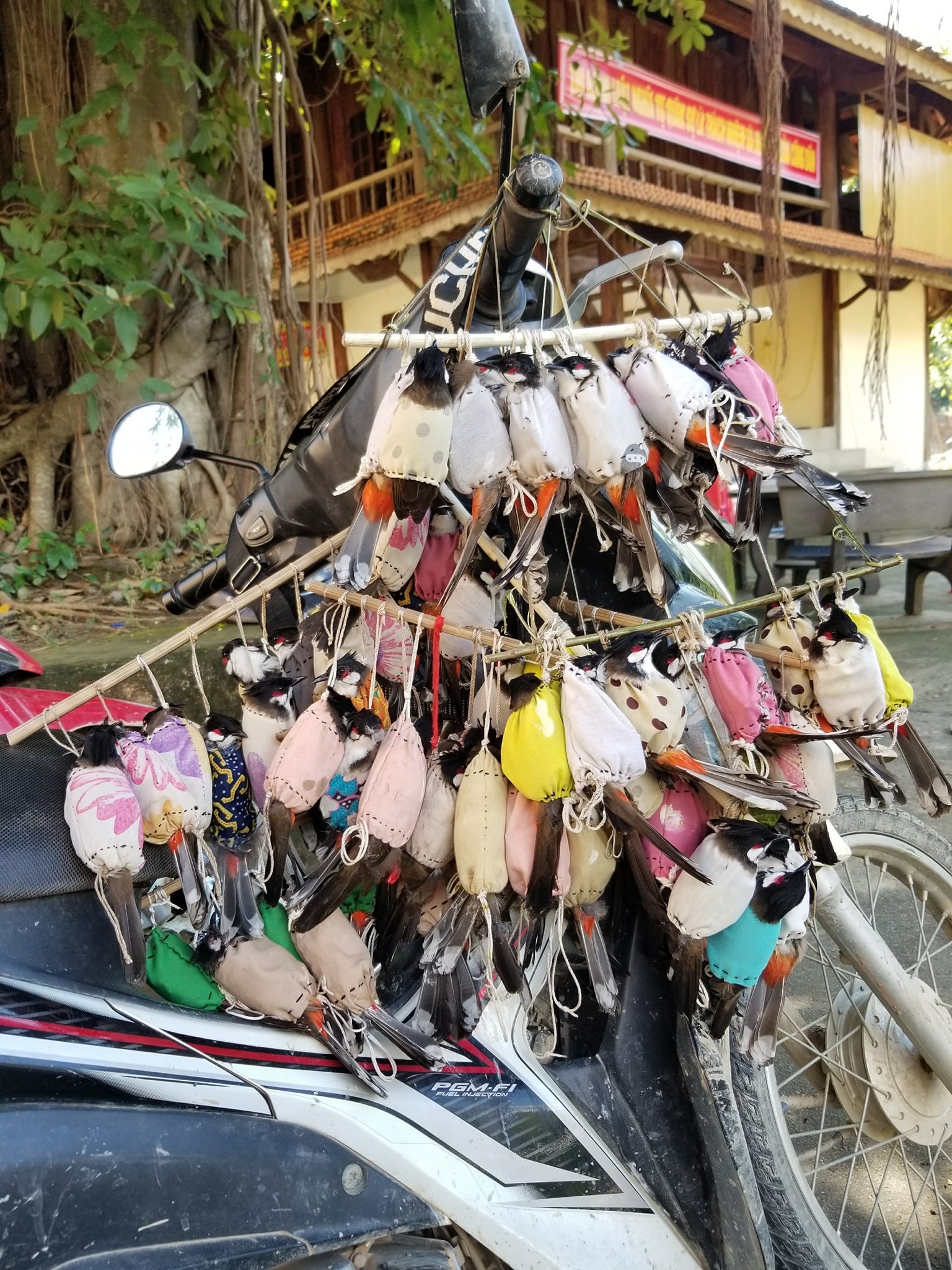 |
| The starlings were purchased in Ky Son district. Photo: Contributor |
Meanwhile, in Que Phong district, on November 11, authorities also arrested Pham Dinh Dung (54 years old, Tien Phong commune), when he was driving a car transporting 8 mink and 1 deer with a total weight of 45 kg. All of the animals were dead. Dung bought these animals from a resident in Thong Thu commune for 7.5 million VND with the intention of bringing them back to... use in a wedding.
That's 2 in a serieswildlife traffickinghave been discovered and arrested by authorities recently. However, this is just the “tip of the iceberg”, as the situation of selling wild animals is becoming more and more sophisticated, especially taking advantage of social networks. Just go to Facebook and search for the phrase “buying and selling wild animals”, and you will find a series of closed and open groups. Many groups have thousands of members, among which they openly sell wild animals. To “trick” the authorities, instead of using the words “buy or sell”, some people just use the word “conservation”.
 |
| Wildlife trading is rampant on Facebook. Photo: TH |
According to the Education for Nature Center, in 2019 alone, the Center's Wildlife Protection Department recorded more than 2,400 cases of wildlife advertising on Facebook, YouTube, Zalo, Tiktok and other electronic websites. This number has shown no signs of decreasing in the first months of 2020, with hundreds of cases each month.
Taking advantage of the ability to easily reach buyers and hide their identities through social networking sites, many people regularly sell products such as: elephant tusks, rhino horns, bear claws, tiger skins... Wildlife traders often use various tricks to avoid detection and arrest by authorities.
In addition, transnational criminal gangs and criminal networks are established and closely organized with sophisticated and cunning methods and tricks, with a tendency to increase in both scale and nature to conduct buying, selling, and transporting.
During the transportation process, this group often hides wild animals in cargo boxes and containers that are exempt from probability inspection; mixes them with other bulky goods such as wood and food; legalizes documents and records proving the origin of wild animals or wild animal products; uses information technology to exchange according to private conventions; uses means of transport with fake license plates, uses official vehicles for transportation... so it is very difficult to detect and investigate this type of crime.
The entire political system needs to get involved.
Faced with this pressing situation, the Provincial People's Committee recently issued Plan No. 504/KH-UBND on the implementation of Directive No. 29/CT-TTg dated July 23, 2020 of the Prime Minister on a number of urgent solutions in wildlife management. In which, it is clearly identified that this is a regular task and a factor ensuring successful implementation in the conservation, protection and sustainable development of wildlife species.
Accordingly, it is required to stop importing wild animals, whether alive or dead, eggs, larvae, parts, and derivatives of wild animals (except aquatic species used for production, processing for food, animal feed that have been announced according to the provisions of law; parts of wild animals that have been processed, treated as medicinal materials, raw materials for production or finished products.
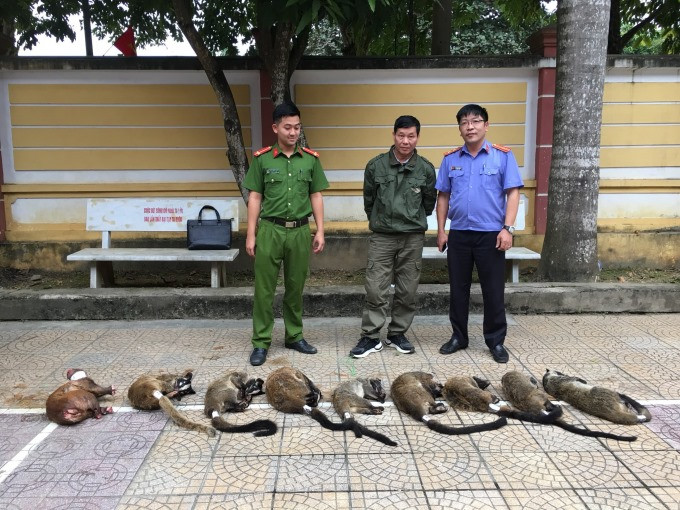 |
| This number of wild animals was bought by the man to hold a wedding party. Photo: Contributor |
The Provincial People's Committee also assigned departments and branches, according to their assigned functions and powers, to review the system of legal documents to propose to competent authorities to amend and supplement sanctions for illegal consumption and use of wild animals. Resolutely eliminate markets and illegal wildlife trading venues. Strictly control and strictly handle illegal hunting, trading, transportation, slaughtering, consumption, storage, advertising, and encroachment of wild animals, especially wild animals of the mammal, bird, and reptile classes in the natural environment.
In addition, the Provincial People's Committee calls on all citizens, especially officials, civil servants, public employees and their relatives not to participate in illegal hunting, capturing, buying, selling, transporting, slaughtering, consuming, storing, and advertising of wild animals. Local authorities, agencies and sectors are responsible for strengthening propaganda and dissemination of laws to officials, civil servants, public employees and people to protect wild animals, especially endangered, precious and rare wild animals. Strengthen inspection, control, combat, detect, arrest, and strictly handle acts of exporting, importing, hunting, capturing, buying, selling, transporting, slaughtering, consuming, storing, confining, advertising, and harming endangered, precious and rare wild animals and wild animals illegally according to the provisions of law.
 |
| Evidence from a wildlife trafficking arrest in Nghe An: Photo: Contributor |
Currently, in Nghe An alone, dozens of cases of wildlife trafficking are discovered each year, with hundreds of individuals seized. With the current situation, it will not be long before rare species listed in the Red Book are predicted to disappear.
Not only related to the issue of nature conservation, the rampant trade of wild animals today also leaves behind terrible dangers for humans. Because they contain bacteria and parasites that are unimaginably harmful to health. Many people have brought disaster upon themselves from contracting diseases to losing their lives due to many deadly bacteria hidden in animals.
Vietnam has suffered severe economic losses after having to cull 5 million infected pigs, with the disease believed to have originated from wild pigs in Africa. African swine fever remains a long-term threat to the domestic livestock industry. Right now, we are struggling to cope with the Covid-19 epidemic, a virus strain believed to have been transmitted from wild animals.


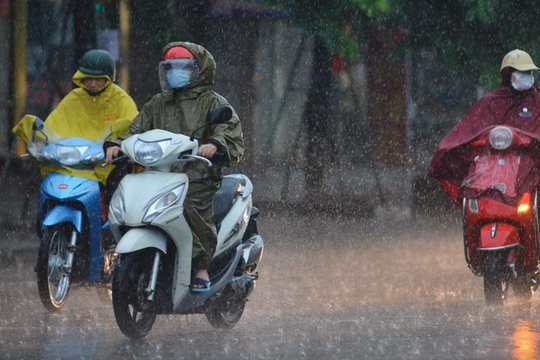
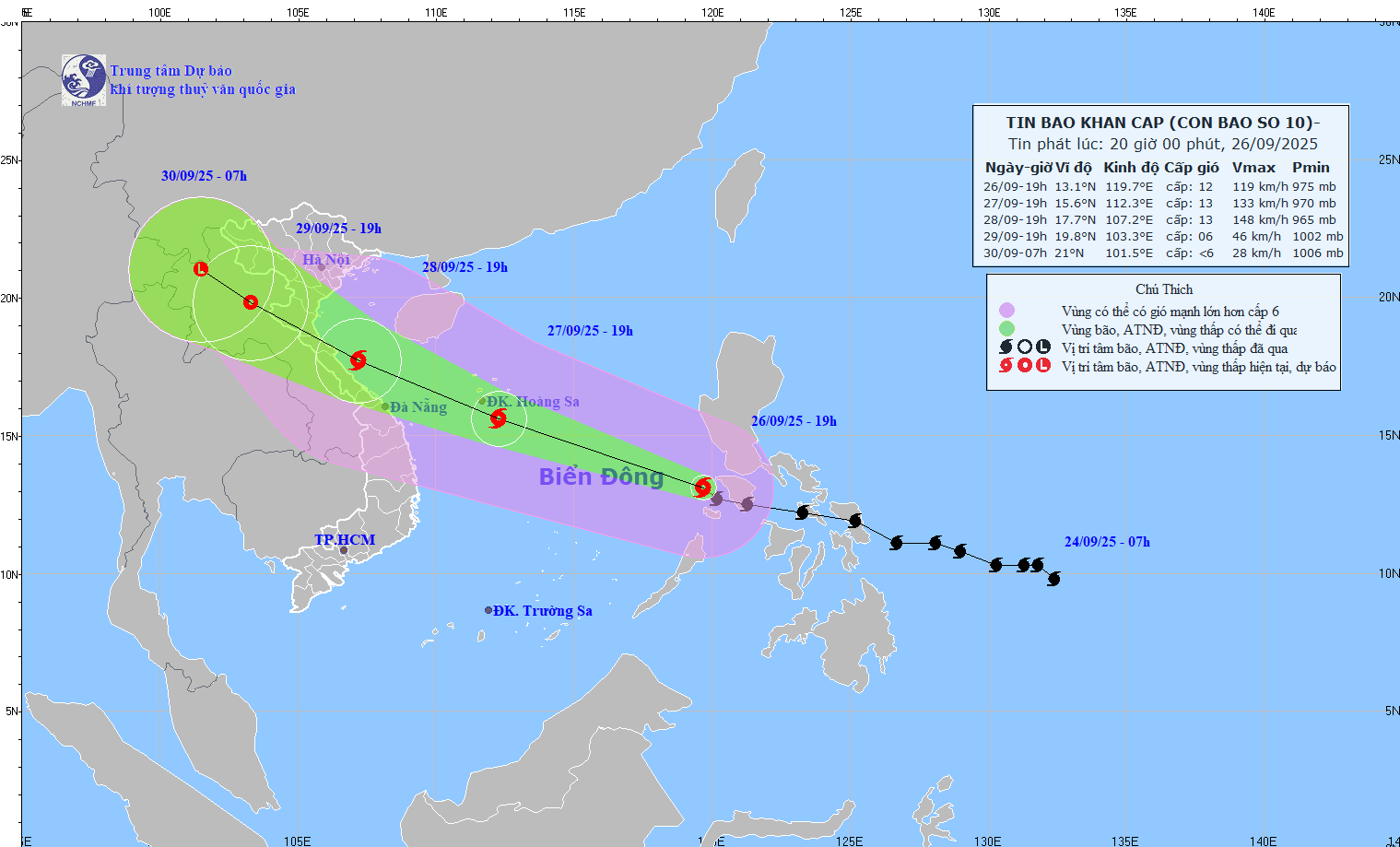
.jpg)
